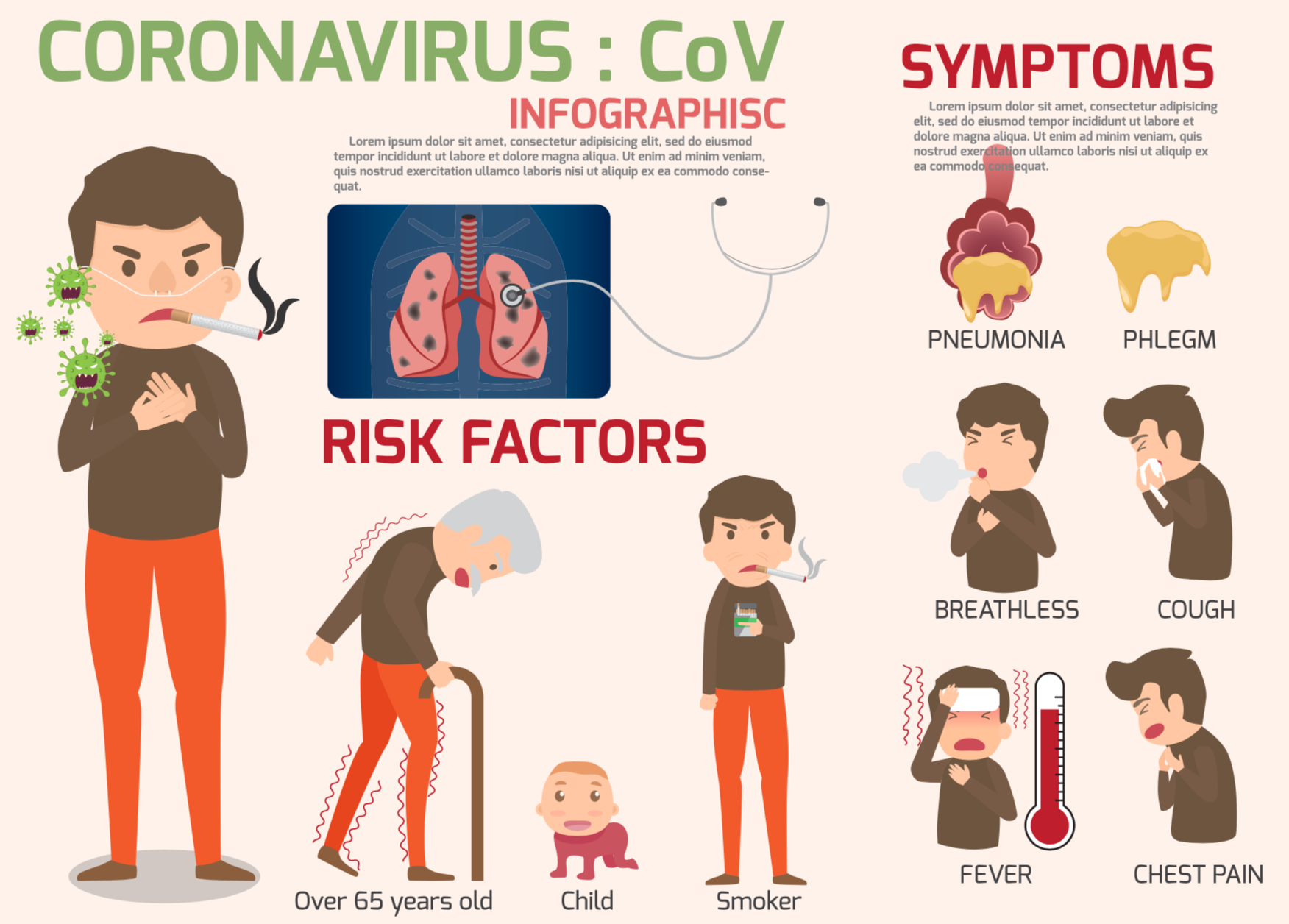Understanding The Coronavirus

It seems as if 2020 is not off to a great start. On top of the horrifying fire in Australia and the death of the NBA legend Kobe Bryant, there has been a new coronavirus (2019-nCoV) discovered which is spreading from Wuhan, China gradually towards other countries. As for now, officials have confirmed human-to-human transmission to be one of the ways the coronavirus spreads. The sources of the coronavirus have remained unrevealed. The symptoms of the coronavirus include fever, cough and difficulty breathing. Although these symptoms do not differ much from the symptoms of a regular cold, The World Health Organization (WHO) strongly encourages people to seek medical care as soon as possible if any of these symptoms reveal themselves.
Since January 30th, there have been six confirmed cases in France, five of them being in Paris. Although four out of five confirmed cases in Paris are tourists from China, as human-to-human transmission has already been confirmed, people living in Paris should not let down their guard. In order to protect citizens from getting sick, not just from the coronavirus but in general, the World Health Organization gave out a few recommendations.
First, people should cover their mouths and noses while coughing and sneezing with a flexed elbow or tissue and immediately discard the tissue after use. On top of that, it would be better to frequently clean hands by using soap and alcohol-based hand sanitizer. Lastly, people should avoid unprotected contact with wild animals. People can also visit the official website of WHO for more detailed recommendations.
Symptoms of Coronavirus. Image credit: ShutterstockSince the WHO had declared a Global Health Emergency, people around the world have been more skeptical than ever, and unfortunately racist. Chinese-French living in Paris have quickly begun facing abuse on public transport and social media. They have been using the hashtag #JeNeSuisPasUnViruson social media to share their terrible experiences recently. It is proving to be a difficult time for Asians living in Paris. According to BBC News, some people were stared at on public transportation because of wearing masks, yet other people were yelled at on the streets for not having masks on.
Incidents like these happen because of a culture gap. The message some receive when they see someone with a mask on the street differs among each culture. In China, it is a common practice for almost everyone to wear masks in public. Chinese people observe the tendency of putting on masks as a way of protecting other people as well as preventing themselves from getting sick. However, in France, masks are only encouraged when one is sick or showing symptoms. This is also why some French doctors do not recommend people wear their masks in public if they are not sick. The French are unaccustomed to the appearance of masks without feeling a sense of panic, especially in turbulent times such as now. It is okay to have a cultural contradiction, yet, the coronavirus is not an excuse to be racist.
The AUP spring break is coming up in less than a month. In regards to the students considering or planning to visit China this break, it may be better to reconsider. The U.S. State Department has raised the travel warning for China to a Level 4: Do Not Travel, urging people not to visit the country at all.
As of January 30th, there have been almost 8,000 cases confirmed globally with approximately 170 deaths. The transmission rate of the new coronavirus is a lot faster than past viral pandemics, such as the 2003 Severe Acute Respiratory Syndrome (SARS). It is important in these cases, the public remains highly aware of them.
But again, as important it is for people to remain aware, people should not resort to panicking about the new coronavirus. Although the transmission rate has been reported to be higher than SARS, the death rate of the new coronavirus is much lower. As WHO recommends, as long as people wash their hands frequently and avoid close contact with people who are already sick, the coronavirus is not something to fall into an extreme worry over.








